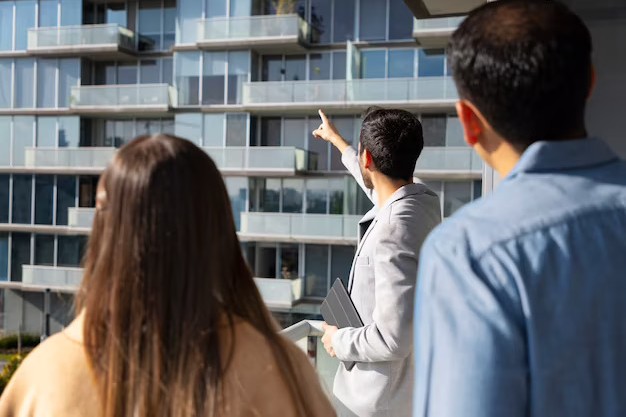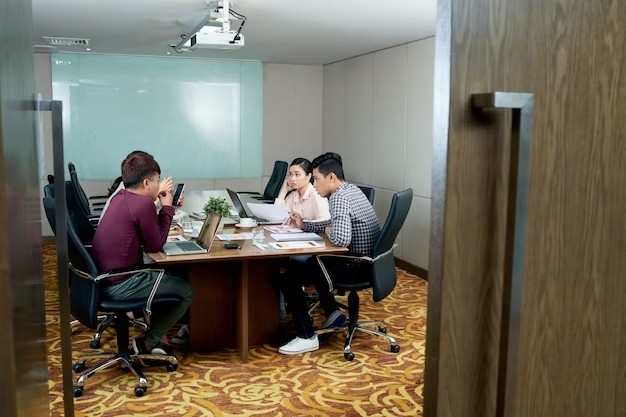Investing in real estate demands a comprehensive evaluation of various factors to guarantee a successful transaction. Within the realm of real estate, there exist several additional expenses that prospective buyers should be aware of when contemplating an investment in 2 BHK flats in Thane. This article aims to provide valuable insights into these anticipated expenses, empowering you to make informed decisions during your investment journey.
One of the primary expenses that necessitates consideration is the registration and stamp duty charges associated with purchasing a property. To legally register a property, there are associated costs. In the case of under-construction projects in Thane, it is important to note that stamp duty typically amounts to 7-8 percent of the property's value. Furthermore, a registration fee of 1-2 percent of the property's value must be paid to the court. Seeking the guidance of a lawyer or notary is crucial as they can review essential documents, ensure that the developer has obtained the necessary approvals, and handle the requisite paperwork. Additionally, other expenses such as home insurance, property taxes, and bank inspection fees may be applicable.
Another crucial factor to consider is the Preferential Location Charge (PLC). PLC refers to an additional cost incurred when securing a property in a prime location within a layout or complex. Luxury developments often command higher PLCs, particularly for penthouses with breathtaking views or villas with exclusive amenities. Although these charges are unavoidable, being aware of them allows you to accurately estimate the overall cost and make an informed decision.
Maintenance deposits represent another expense that should be accounted for when investing in 2 BHK flats in Thane. Builders typically require maintenance deposits for a period ranging from 2 to 10 years in advance. The cost of maintenance varies depending on factors such as location, land value, and the type of home. It is also contingent on the quality and range of amenities provided by the building, including security, infrastructure, clubhouses, pools, and utilities like water and gas. It is essential to factor in these charges when formulating your budget.
When engaging with brokers during your search for 2 BHK flats, it is crucial to consider the brokerage fee. Brokers act as intermediaries between buyers and sellers and typically charge a fee amounting to approximately 1-2 percent of the property's total value. However, it is important to note that certain brokers may charge higher fees. To avoid any unexpected surprises, it is advisable to discuss and negotiate the brokerage fee with your broker from the outset.
Parking space costs are often overlooked by buyers. While parking is an essential aspect that adds value to your property, it is not typically provided free of charge. New constructions in Thane may charge anywhere between Rs. 1 lakh and Rs. 5 lakhs for a parking space, depending on factors such as the property type and location. Additional parking spaces can be obtained at an extra cost. It is imperative to allocate a portion of your budget to accommodate parking space requirements if necessary.
The cost of interior design represents a significant expense that cannot be overlooked. Many buyers fail to allocate a budget for interiors and subsequently compromise on their preferences. Interior design expenses encompass various aspects such as painting, plumbing, furnishings (either new or custom-made), electrical appliances, and other related costs. Depending on the design and complexity, the cost for interior design in new projects in Thane can range from Rs. 3.5 lakh to Rs. 10 lakh. Ensure that you factor in these costs to achieve your desired living environment.
Home loans have emerged as a popular choice for many buyers seeking to finance their property purchases. However, it is crucial to be mindful of associated costs such as processing fees. This fee covers the lender's administrative expenses, including credit checks, document verification, and other related services. Additionally, home loans accrue interest on the borrowed amount. It is advisable to conduct thorough research and select home loan providers that align with your budget and requirements, particularly when considering under-construction projects in Thane.
Goods and Services Tax (GST) is an important consideration for under-construction properties in India. Implemented on July 1, 2017, GST is payable on such properties, similar to stamp duty and registration fees. The applicable GST rate for under-construction projects in Thane is 5%, while affordable housing developments are charged at 1%. However, ready-to-move-in properties or projects with a completion certificate are exempt from GST.
Lastly, miscellaneous expenses should not be disregarded when formulating your budget for 2 BHK flats in Thane. After purchasing your property, you are likely to incur costs for services like packers and movers when you move in. It is advisable to obtain quotes from different service providers to ensure that you receive the best value for your money.
Purchasing a property is a complex endeavor that requires meticulous planning and thorough research to ensure a successful transaction. By taking into account these additional expenses and conducting careful planning, you can navigate the real estate market in Thane more effectively and enjoy a seamless and rewarding investment experience.
Also read: Pros and Cons of High-Rise Apartments and Builder Floors







